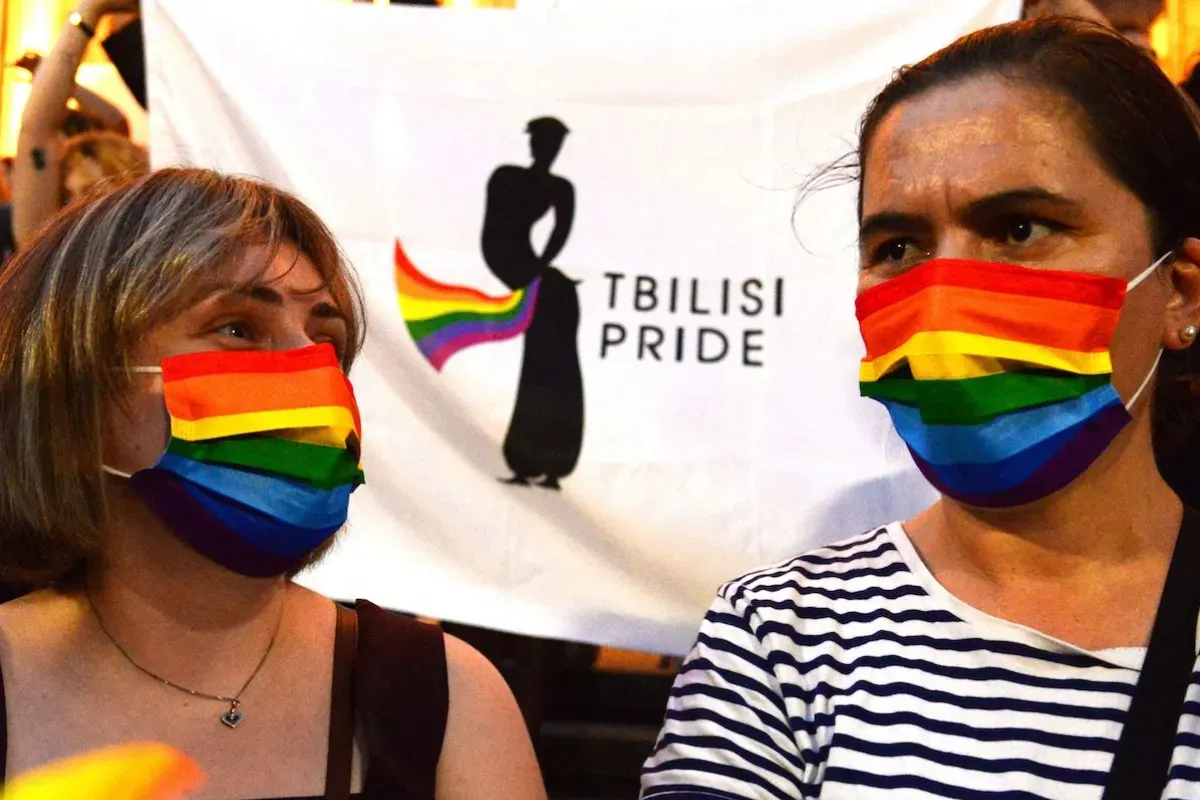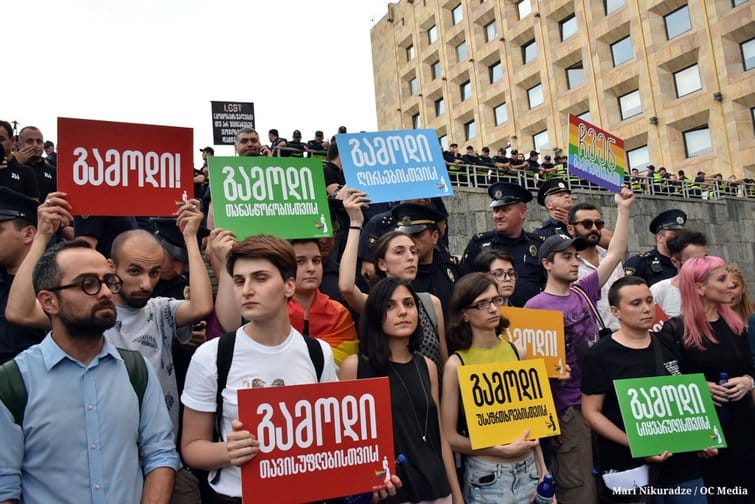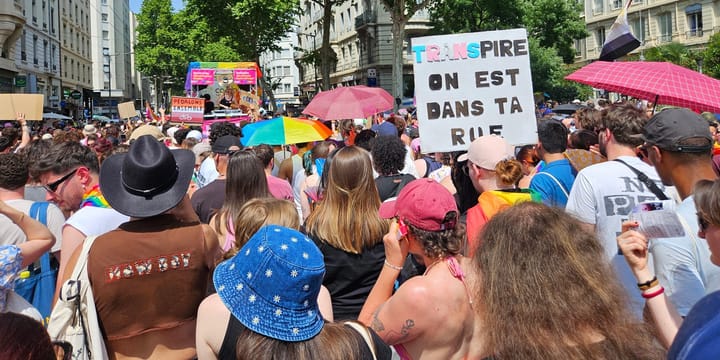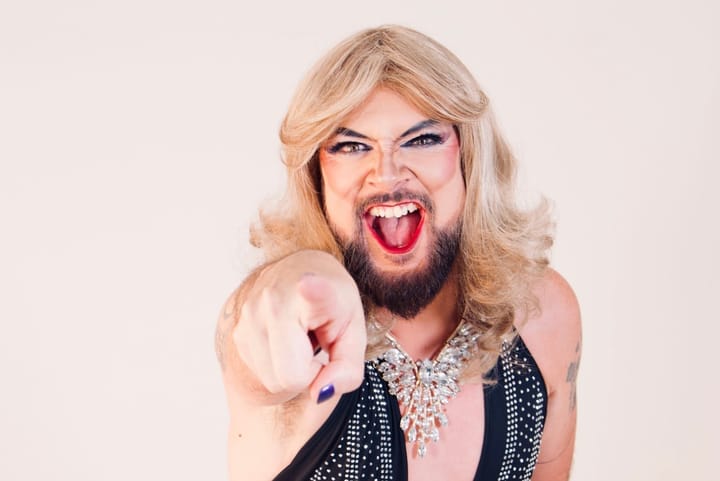Rollback of LGBTQ+ rights in Georgia a “blatant attack"

Georgia is undergoing a deeply concerning regression in LGBTQ+ rights, as detailed in a newly released shadow report submitted to the United Nations for the Universal Periodic Review (UPR). Compiled by leading advocacy groups including the Women’s Initiatives Supporting Group, Equality Movement, and Tbilisi Pride, in collaboration with ILGA World, the report outlines a stark deterioration in protections for LGBTQ+ individuals between 2022 and 2025.
Although Georgia accepted 19 out of 21 recommendations related to sexual orientation, gender identity and expression, and sex characteristics (SOGIESC) during the 2021 UPR cycle, none have been fully implemented. Seventeen remain entirely unaddressed, while only two have seen partial progress. The report accuses the government of not only failing to act but actively undermining LGBTQ+ rights through discriminatory legislation and rhetoric.
The rollback has been particularly severe since 2022, with the government enacting laws under the guise of “protecting family values.” In September 2024, a sweeping anti-LGBTQ+ law was passed, curtailing rights to education, healthcare, freedom of expression, and peaceful assembly. This legislation has been widely condemned by international human rights organisations and the European Union.
We are witnessing the systematic erasure of our rights.
Statistics from local NGOs paint a grim picture. Over 80% of LGBTQ+ individuals surveyed reported experiencing discrimination in public spaces or institutions within the past year. Trans people face near-total barriers to legal gender recognition and access to gender-affirming healthcare. Meanwhile, dozens of peaceful LGBTQ+ events, including Pride marches, have been cancelled or violently disrupted since 2022, often with little to no police protection.
Denis Krivosheev, Amnesty International’s Deputy Director for Eastern Europe and Central Asia, described the legislative assault as “a blatant attack on human rights in Georgia and on the rights of LGBTI people in particular”. He added, “By promoting this openly discriminatory legislation, Georgian authorities are not only betraying human rights principles but are also aligning with the most lamentable examples from the region”.

Activists within Georgia have also spoken out. A spokesperson for Tbilisi Pride, who asked to remain anonymous due to safety concerns, said: “We are witnessing the systematic erasure of our rights. The government is using fear and misinformation to turn the public against us. But we will not be silenced. Our existence is not propaganda.”
The Human Rights Watch 2025 report further highlights the use of excessive force by Georgian authorities against peaceful demonstrators, including LGBTQ+ rights activists. It also documents the state’s failure to investigate coordinated attacks by anti-LGBTQ+ mobs, contributing to a climate of fear and impunity.
As Georgia approaches its next parliamentary elections, activists warn that the rollback of LGBTQ+ rights is part of a broader authoritarian trend aimed at consolidating power and silencing dissent. Amnesty has urged the Georgian government to abandon discriminatory initiatives and honour its international human rights obligations.
Support independent LGBTQ+ journalism
Scene was founded in Brighton in 1993, at a time when news stories about Pride protests were considered radical. Since then, Scene has remained proudly independent, building a platform for queer voices. Every subscription helps us to report on the stories that matter to LGBTQ+ people across the UK and beyond.
Your support funds our journalists and contributes to Pride Community Foundation’s grant-making and policy work.
Subscribe today




Comments ()